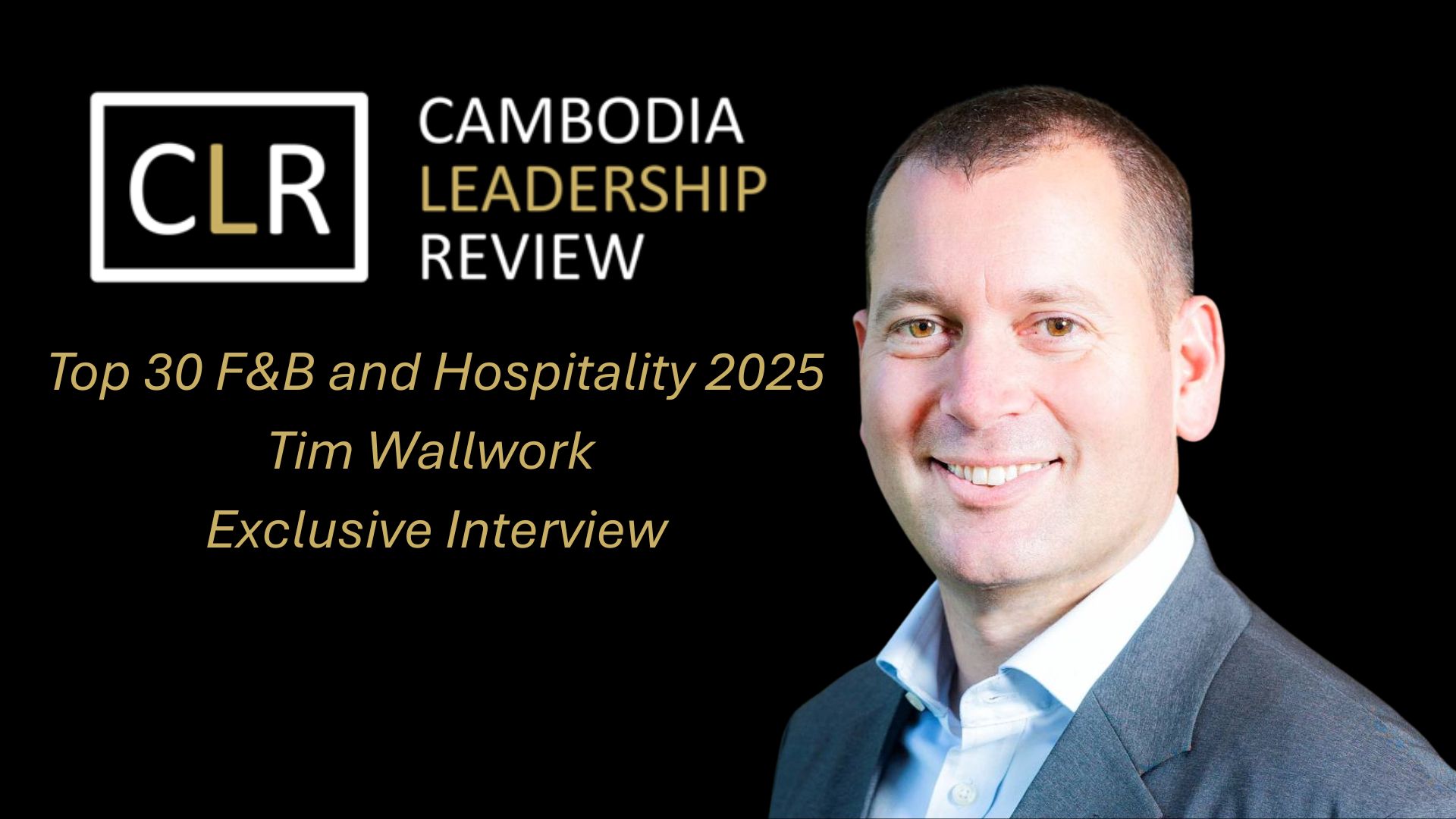Cambodia Leadership Review
Cambodia’s Emerging Culture of Moderation: Industry’s Role in Shaping Responsible Drinking. By Tim Wallwork – APISWA (Asia Pacific International Spirits & Wine Alliance) Chair
Cambodia is entering a new era in its relationship with alcohol. A recent government directive to ban alcohol prize ring-pull giveaways—proactively requested by beverage companies—marks a new model of private-sector responsibility.
Once characterised by rising harmful consumption and minimal regulation, the conversation is now shifting—towards responsibility, moderation, and public-private partnership. Encouragingly, this change is not only being driven by government and public health advocates.
Read More: Cambodia Leadership Review Launches Top 30 F&B and Hospitality 2025 Magazine
The alcohol industry itself is taking a proactive role in reshaping norms and supporting sensible, evidence-based regulation. This may come as a surprise to some. But for the Asia Pacific International Spirits & Wine Alliance (APISWA), this approach is not new.
For years, APISWA has worked to promote responsible drinking across Asia, in line with the UN Sustainable Development Goals. These call for the reduction in harmful consumption, but also crucially for partnerships between governments, the private sector and civil society.
These inclusive partnerships built upon principles and values, a shared vision, and shared goals that place people at the centre, are needed at the global, regional, national and local level. In Cambodia, our commitment to collaboration has never been stronger.
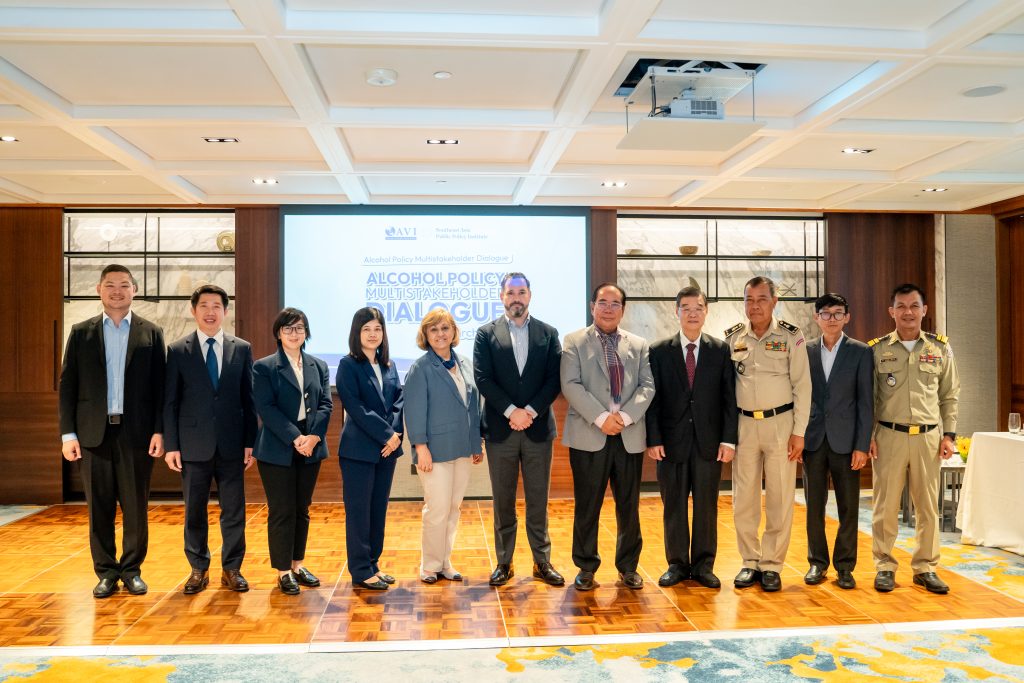
A Foundation for Change: Supporting National Guidelines
A critical milestone in this shift was the release of the 2025 Asian Vision Institute (AVI) report, “Developing a Policy Landscape in Cambodia to Combat Harmful Alcohol Consumption”.
This white paper policy report, supported by APISWA, laid the groundwork for national drinking guidelines based on international best practice and local insights.
The report highlighted several urgent challenges:
- More than one in three current drinkers in Cambodia engage in hazardous or harmful alcohol use.
- Nearly one in four young Cambodian men aged 15–19 engage in heavy episodic drinking.
- There is currently no legal minimum purchase age for alcohol, and public awareness of responsible consumption guidelines is limited.
Primary survey data compiled as part of the research revealed that Cambodian youth report learning about alcohol not from school or health workers, but from peers, social media, and advertising.
These are issues that demand action.
That’s why APISWA is working closely with local stakeholders to support three foundational regulatory measures:
- Establishing a Minimum Legal Purchase Age to limit access to minors.
- Promoting the ‘standard drink’ concept to help consumers make informed choices.
- Restricting irresponsible promotional practices that may encourage over-consumption.
We believe these evidence-based reforms are not only feasible—they’re essential. And importantly, they serve both public health and the long-term sustainability of Cambodia’s tourism and hospitality sectors.
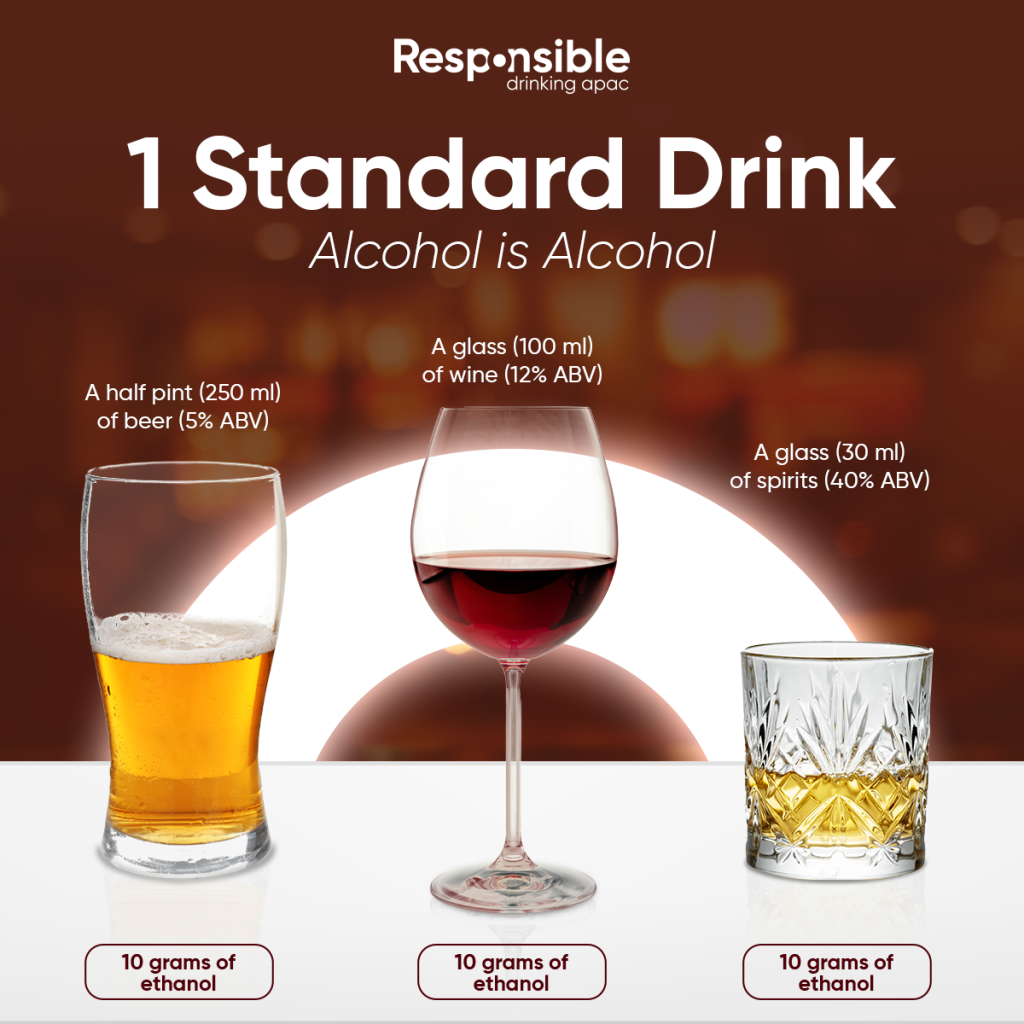
A Campaign Grounded in Local Culture
In parallel with our policy work, we’ve focused on public education.
We know that over 90 percent of Cambodians support the government’s move to promote responsible consumption, according to a recent study by the Royal Academy of Cambodia.
That’s why we launched Responsible Drinking APAC and a regional social media campaign—to start real conversations around moderation and show how alcohol can be enjoyed responsibly as part of a healthy, balanced lifestyle.
The goal is to raise awareness, encourage informed choices, and promote a culture of moderate drinking across local communities.
Localised into Khmer and rooted in humour and realism—not finger-wagging—it helped young Cambodians think more critically about their drinking habits. It also brought clarity to new concepts like a “standard measure drink.”
As a result, we are seeing early signs of change: there’s rising visibility of mocktails/ low ABV drinks, increased social acceptability of saying no, and more online discourse around moderation, safe drinking limits and drink driving awareness.
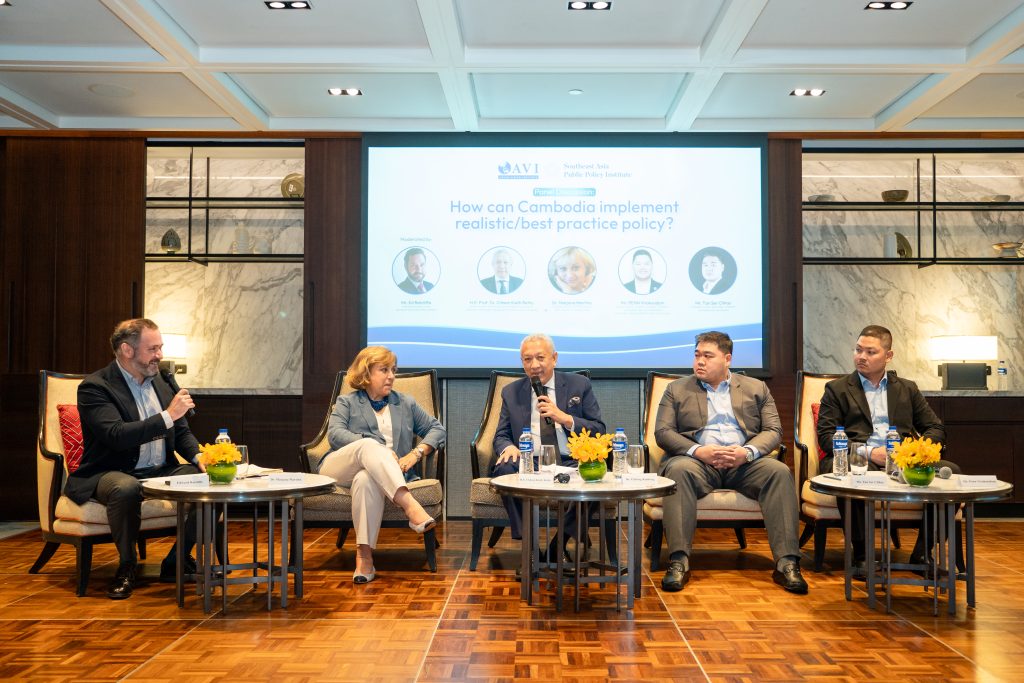
Hospitality at the Heart of the Solution
It’s easy to forget how deeply alcohol is intertwined with tourism, celebration, and hospitality. When enjoyed responsibly, it enhances Cambodia’s cultural experiences—from rooftop bars in Phnom Penh to Mekong sunset toasts.
But when consumption turns harmful, the entire ecosystem suffers. Irresponsible drinking hurts families, burdens the healthcare system, and damages the reputation of Cambodia as a safe and enjoyable destination.
That’s why APISWA’s approach is aligned with the interests of in the hospitality chain: government, producers, bar and restaurant operators, and consumers. We are advocating for the implementation of a Minimum Legal Purchasing Age (MLPA) to protect youth, which includes promoting the MLPA regulation through evidence-based policy recommendations.
Together, we can build a framework that protects the vulnerable, educates the public, and preserves the positive role alcohol plays in Cambodia’s economy and culture.
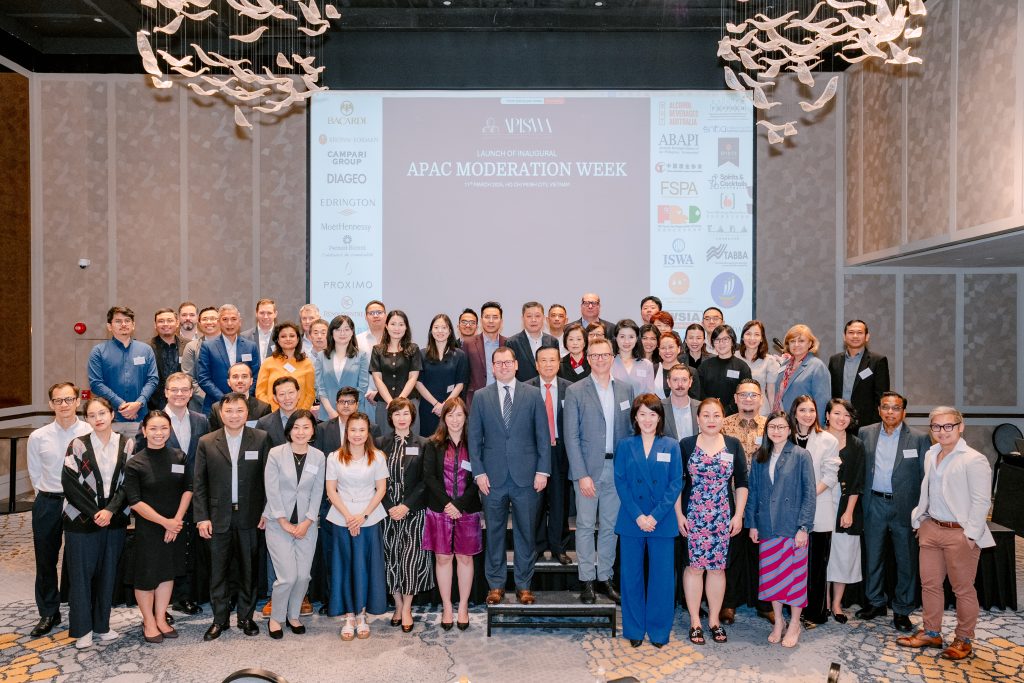
Industry as a Partner, Not a Passenger
Perhaps the most important message we want to convey is this: we don’t resist regulation—we help build it. The old dichotomy of industry versus public health no longer applies.
In Cambodia, we’re proving that responsible producers can be credible partners in reducing harmful drinking. Our actions—from advocating for responsible and ethical marketing practices to co-developing public education materials—speak for themselves.
There’s still more to do. But momentum is building, and we’re proud to be part of it.
Cambodia’s culture of moderation isn’t just emerging—it’s being shaped by collaborative leadership, smart policy, and shared values across society. CLR


